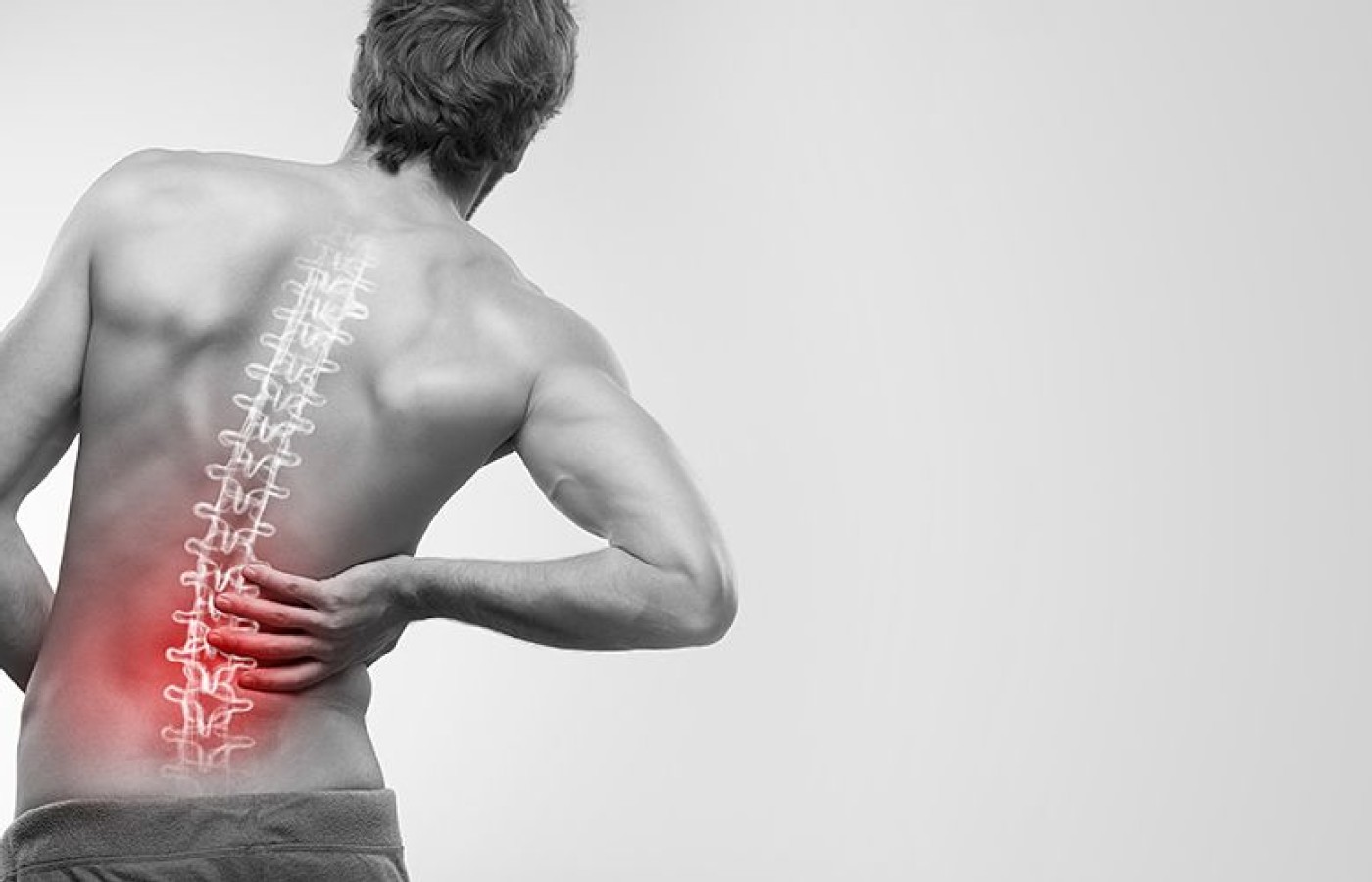Some doctors thrive in a personality-based clinic and have a loyal following no matter what services or equipment they offer, but for most chiropractic offices who are trying to grow and expand, new equipment purchases help us stay relevant and continue to service our client base in the best, most up-to-date manner possible. So, regarding equipment purchasing: should you lease, get a bank loan, or pay cash?
Chronic LBP Patients More Likely to Suffer a Stroke
Chronic low back pain patients are at higher risk of suffering a stroke, suggests a new study published in Clinical Neurology and Neurosurgery. The study compared more than 10,000 chronic LBP patients with 20,000-plus patients without low back pain utilizing data from the Taiwan National Health Insurance Research Database. Researchers matched subjects according to age, gender, index year and comorbidities. In addition, "Covariates of age, gender, comorbidities, and usage of non-steroidal anti-inflammatory drugs (NSAIDs) were adjusted and analyzed."
Researchers tracked patient data over an eight-year period, on average. During that time frame, chronic LBP patients had significantly higher risks of suffering any stroke or one of two specific types of stroke: hemorrhagic or ischemic.
(In an ischemic stroke, a blood clot blocks an artery supplying blood to the brain. In a hemorrhagic stroke, an artery in the brain leaks or bursts.)

Chronic LBP patients were at greatest risk of suffering an ischemic stroke, according to findings; and the highest frequency of outpatient visits (four or more per year) also was associated with higher risks for stroke (any stroke, hemorrhagic stroke or ischemic stroke).
Interestingly, in terms of age group most likely to be affected, the increased risk of suffering any stroke was highest in chronic low back pain patients under the age of 50.
As mentioned, researchers accounted for numerous cardiovascular and other variables that could impact stroke risk independent of chronic low back pain, including nonsteroidal anti-inflammatory drug (NSAID) use, depression, hypertensive diseases, diabetes, coronary heart disease, congestive heart failure, atrial fibrillation and chronic kidney diseases. However, they note that "lifestyle-related risk factors for stroke [such] as alcohol consumption, smoking status, obesity, sleeping disturbances and inactivity were unavailable from diagnostic codes, therefore the potential effects were not known."
Editor's Note: These important findings appear in "Increased Risk of Strokes in Patients With Chronic Low Back Pain (CLBP): A Nationwide Population-Based Cohort Study," by H-C Wang and colleagues. The study is available in its entirety by clicking here.



